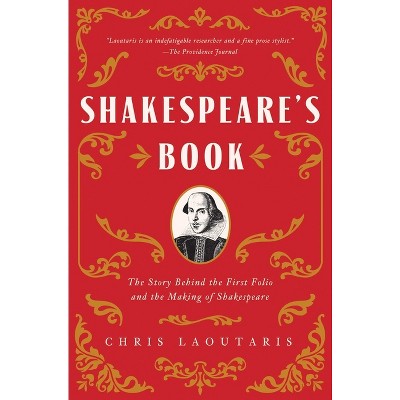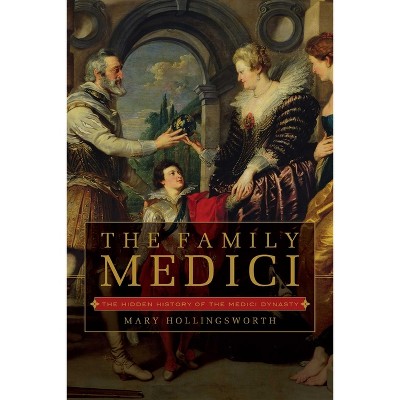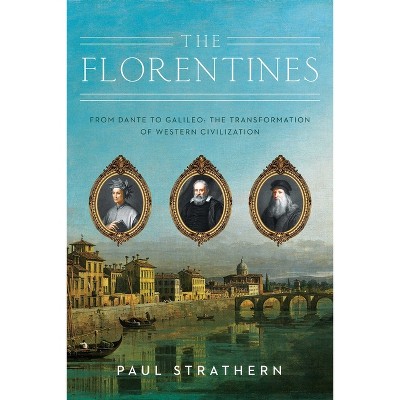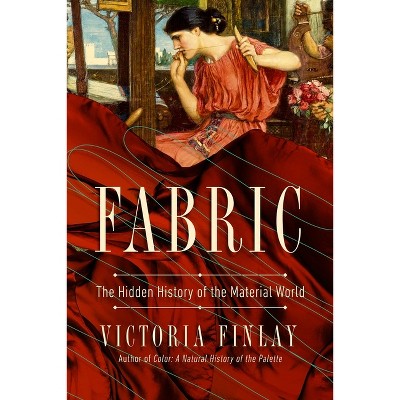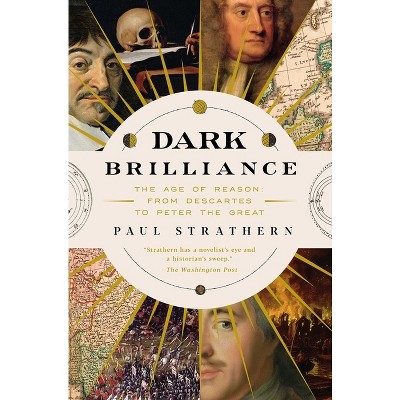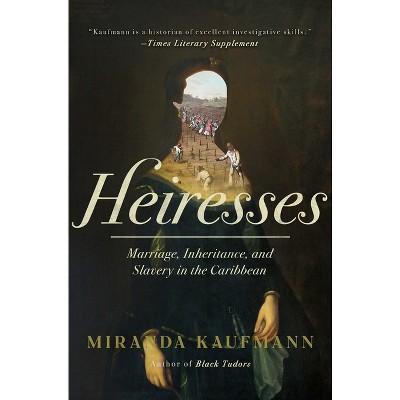About this item
Highlights
- In November 1596, a woman signed a document that would nearly destroy the career of William Shakespeare . . .Who was this figure who played such an instrumental role in Shakespeare's life?
- Author(s): Chris Laoutaris
- 528 Pages
- History, Europe
Description
About the Book
The colorful story of the creation of the Globe Theatre--as a result of the dramatic confrontation between Lady Elizabeth Russell and William Shakespeare.
Book Synopsis
In November 1596, a woman signed a document that would nearly destroy the career of William Shakespeare . . .
Who was this figure who played such an instrumental role in Shakespeare's life? Never far from controversy when she was alive, Lady Elizabeth Russell, the self-styled Dowager Countess of Bedford, has been edited out of public memory, yet the chain of events she set in motion would make Shakespeare the legendary figure we all know today.
Lady Elizabeth Russell's extraordinary life made her one of the most formidable women of the Renaissance. And, in November 1596, she became the leader of a movement aimed at destroying William Shakespeare's theatrical troupe--a plot that resulted in the closure of the Blackfriars Theatre but the construction, instead, of The Globe.
Providing new pieces to this puzzle, Chris Laoutaris's rousing history reveals for the first time this startling battle against Shakespeare and the Lord Chamberlain's Men.
Review Quotes
"Life comes close to imitating art in Shakespeare and the Countess. Laoutaris throws fascinating light on [Lady Elizabeth Russell's] success in preventing the Burbages, the playwright's partners, from opening a theatre in Blackfriars."--The New York Times Book Review
"Surprising. Elizabeth deserves the years of research and hundreds of pages that Laoutaris has given her; she can now join the gallery of neglected women resurrected by feminist scholarship."--The Washington Post
"Engaging and informative. Readers will get a bird's eye view of court life, religious infighting, political scheming, competing spies and international intrigue at the turn of the 17th century. Laoutaris is a fine prose stylist."--The Providence Journal







